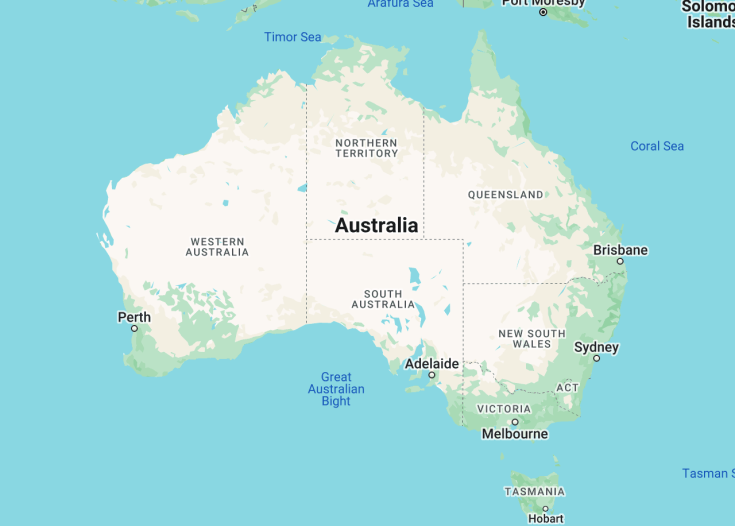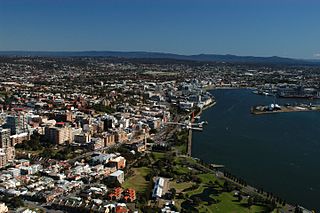Australia is a vast and diverse country that offers something for every traveler. With its stunning landscapes, vibrant cities, and unique wildlife, there is no shortage of unforgettable experiences to be had. From the iconic Sydney Opera House and the stunning Great Barrier Reef to the rugged Outback and the pristine beaches of the Whitsunday Islands, Australia is a destination that will leave you in awe. Whether you’re exploring cosmopolitan cities, embarking on adventurous outdoor activities, or immersing yourself in the rich Aboriginal culture, Australia offers endless possibilities for an extraordinary journey.
Make sure to pack sunscreen, a hat, and insect repellent when visiting Australia, as the country experiences high levels of UV radiation and insects.
Don’t miss the opportunity to experience the Aboriginal culture when in Australia. Visit cultural centers, participate in traditional activities, and learn about the rich history and traditions of the world’s oldest living culture.
Top destinations in Australia
Australia: A Land Down Under
| Capital | Sydney |
| Time in Australia | GMT +10 to +11 |
| Language spoken | English |
| Population | 25,788,200 (source: World Bank) |
| Religion | Christianity (61.1%) Islam (2.6%) Buddhism (2.4%) Hinduism (1.9%) Judaism (0.5%) Other/non-religious (31.5%) |
| Currency | Australian Dollar (AUD) |
| Airports | Sydney Kingsford Smith Airport Melbourne Airport Brisbane Airport |
Australia, known as the “Land Down Under”, is a captivating destination with a rich history and stunning landscapes. From its iconic landmarks to its unique wildlife, Australia offers visitors an unforgettable experience.
Where is Australia located?
Australia is located in the southern hemisphere, surrounded by the Indian and Pacific Oceans. It is the world’s largest island and the sixth-largest country by total area.
What is Australia famous for?
Australia is famous for its diverse wildlife, stunning beaches, and vibrant cities. It is home to the Great Barrier Reef, a UNESCO World Heritage site, and the Outback, a vast and unspoiled wilderness. Australia is also known for its unique animals, such as kangaroos, koalas, and the iconic Sydney Opera House.
History
The history of Australia dates back to the arrival of the indigenous people, who inhabited the continent for thousands of years before the arrival of European explorers. It is believed that the Aboriginal people arrived in Australia around 65,000 years ago, establishing a rich and diverse cultural heritage.
18th Century – 1901
The European discovery and exploration of Australia began in the 17th century, with Dutch and Portuguese explorers making early visits. However, it was not until the 18th century that British explorer Captain James Cook arrived on the eastern coast of Australia and claimed it for Britain. This marked the beginning of British colonization.
In 1788, the First Fleet of British convicts arrived in New South Wales, establishing the first European settlement in Australia. Over the following decades, more British colonies were established in different parts of the continent, including Tasmania, Western Australia, South Australia, and Victoria.
During this period, Australia experienced rapid growth and development. The discovery of gold in the 1850s led to a gold rush, attracting thousands of immigrants from around the world. Infrastructure, such as railways and telegraph lines, was built to support the growing population and economy.
In 1901, the six British colonies in Australia united to form the Commonwealth of Australia, becoming a federated nation. This marked the beginning of Australia’s journey towards independence and self-governance.
20th Century – Present
Throughout the 20th century and into the present day, Australia has continued to evolve and grow as a modern nation. It has faced various challenges and triumphs, shaping its identity and character.
During World War I and World War II, Australia played a significant role in supporting the Allied forces. Many Australians served in the armed forces, and the country underwent significant economic and social changes as a result of its involvement in the conflicts.
In the post-war period, Australia experienced a period of rapid economic growth and prosperity. It became known for its mining and agriculture industries, as well as its manufacturing and service sectors.
Today, Australia is a multicultural and diverse society. It has a strong economy, high standard of living, and is known for its natural beauty and unique wildlife. The country is also a popular tourist destination, attracting millions of visitors each year.
Visit Australia
What to see and do in Australia.
Australia offers a wide range of attractions and activities for visitors to enjoy. Here are some of the top things to see and do in Australia:
- Explore the iconic city of Sydney, with its renowned Opera House and Harbour Bridge.
- Visit the Great Barrier Reef, one of the world’s most stunning natural wonders, and go snorkeling or scuba diving to explore its vibrant marine life.
- Discover the unique wildlife of Australia, including kangaroos, koalas, and wombats, at wildlife sanctuaries and national parks.
- Experience the beauty of the Australian Outback, with its vast open landscapes and dramatic rock formations, such as Uluru.
- Take a road trip along the scenic Great Ocean Road in Victoria, which offers breathtaking coastal views and opportunities for surfing and beach activities.
Events in Australia
Australia hosts a variety of events throughout the year, offering something for everyone. Here are some notable events in Australia:
- Sydney New Year’s Eve Fireworks: Celebrate New Year’s Eve in Sydney with a spectacular fireworks display over Sydney Harbour.
- Vivid Sydney: This annual festival of light, music, and ideas transforms Sydney into a stunning illuminated spectacle.
- Australian Open: Join the excitement of one of the world’s premier tennis tournaments held in Melbourne.
- Melbourne Cup: Experience the “race that stops a nation” with the Melbourne Cup, Australia’s most prestigious horse race.
- Vivid Sydney: This annual festival of light, music, and ideas transforms Sydney into a stunning illuminated spectacle.
Best time to visit Australia
The best time to visit Australia depends on your preferences and the regions you plan to explore. Generally, the months of September to November (spring) and March to May (autumn) offer pleasant weather and fewer crowds.
If you’re interested in visiting the Great Barrier Reef, the dry season from June to October is ideal for snorkeling and diving, while July to September is the best time for whale watching.
For ski enthusiasts, the winter months from June to August offer fantastic skiing conditions in the Australian Alps.
It’s important to note that Australia’s climate varies significantly across its vast territory, so be sure to research the specific region you plan to visit for more detailed information.
Is Australia worth visiting?
Australia is definitely worth visiting for its unique landscapes, diverse wildlife, vibrant cities, and rich cultural heritage. From the stunning beaches of the Whitsunday Islands to the breathtaking outback landscapes, Australia offers a wealth of natural beauty to explore.
The country also boasts vibrant cities like Sydney and Melbourne, offering world-class dining, shopping, and cultural experiences. Additionally, Australia’s indigenous culture and history provide an opportunity to learn and appreciate the traditions and heritage of the Aboriginal people.
However, it’s important to consider the vastness of the country and the long travel distances between destinations. Planning a trip to Australia requires careful itinerary planning to make the most of your time and resources. Additionally, the country is known for its high cost of living, so budgeting accordingly is essential.
Overall, if you have a sense of adventure and an appreciation for unique landscapes and experiences, Australia is definitely worth a visit.


















